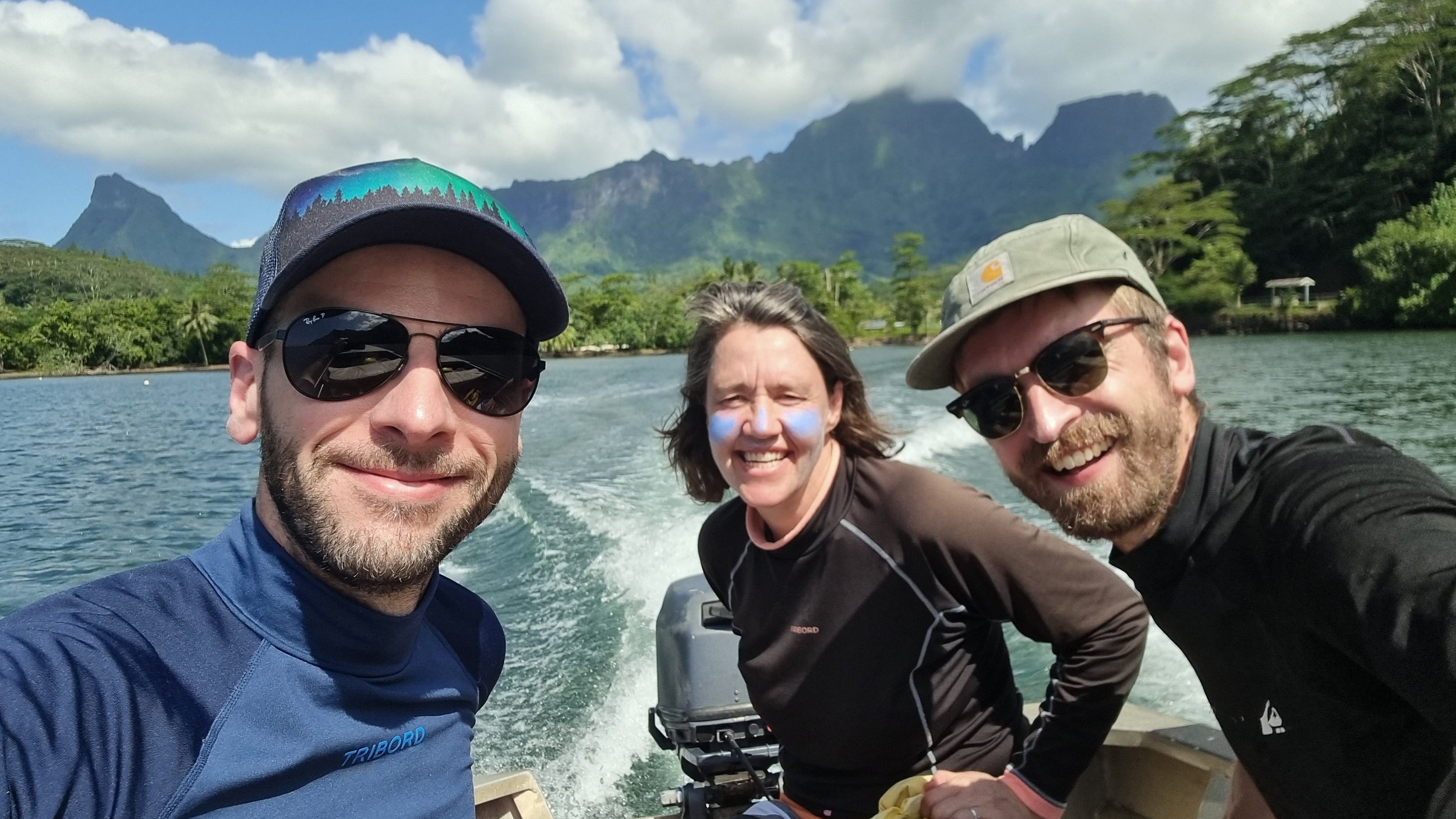
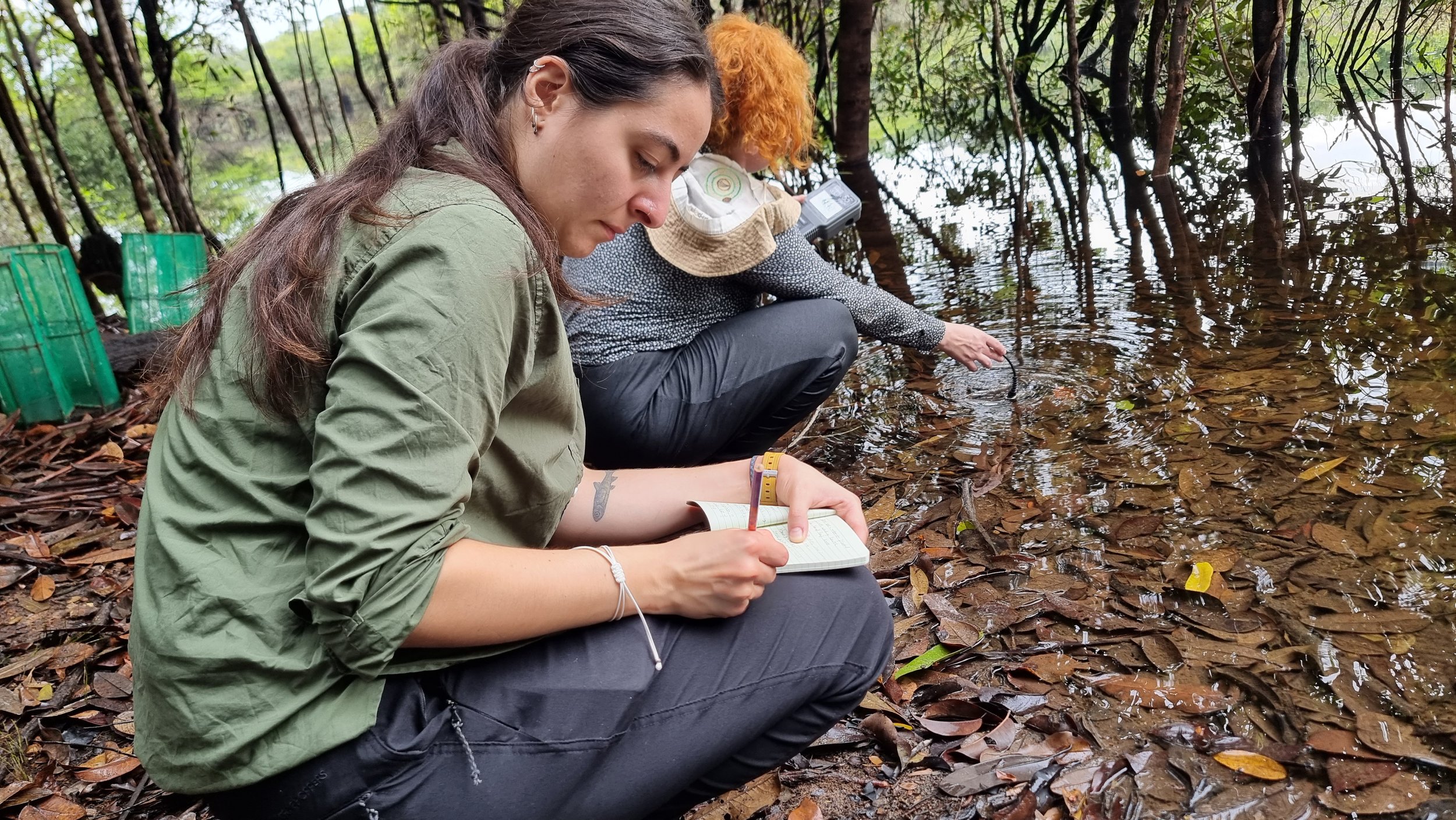
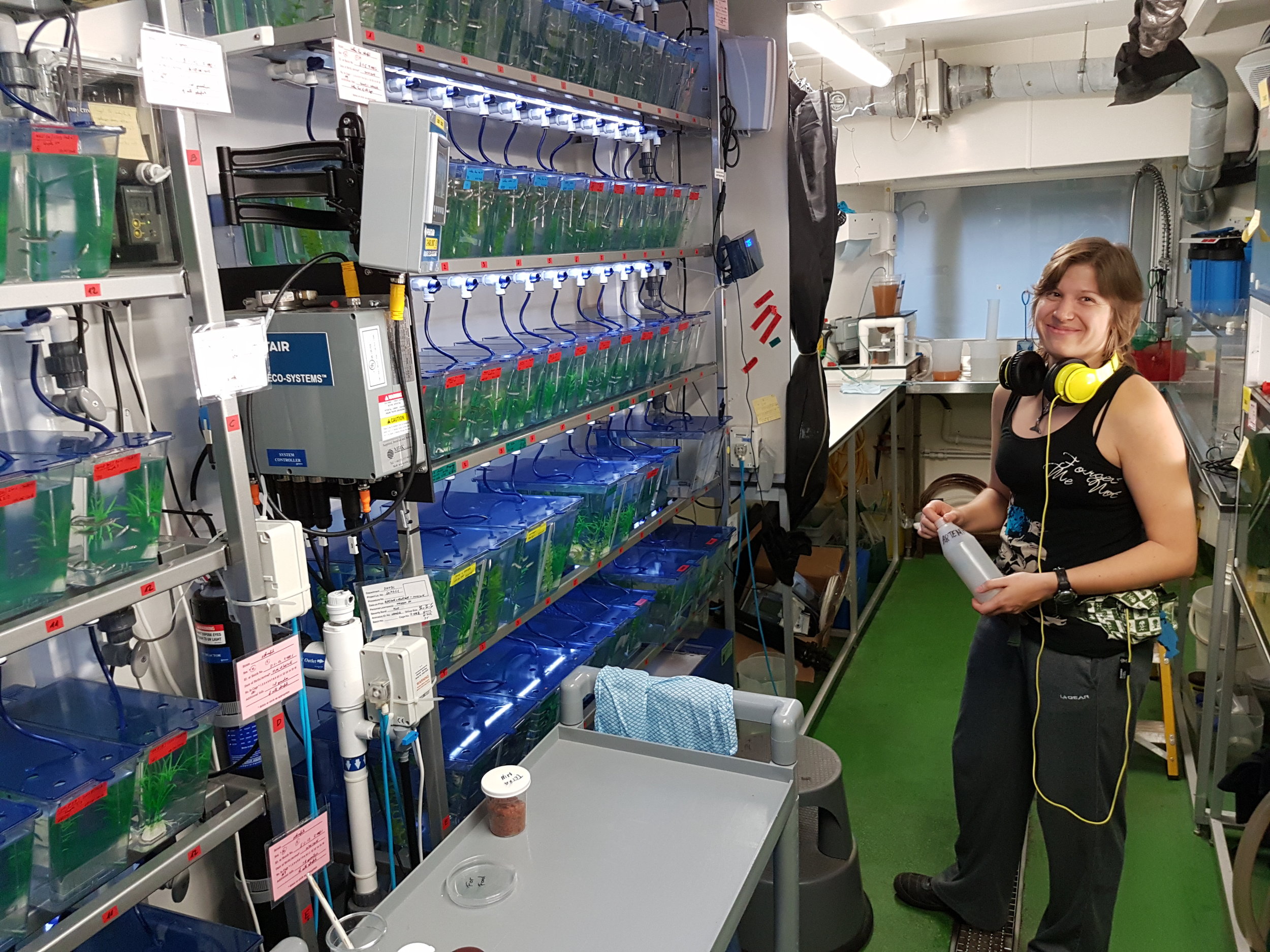
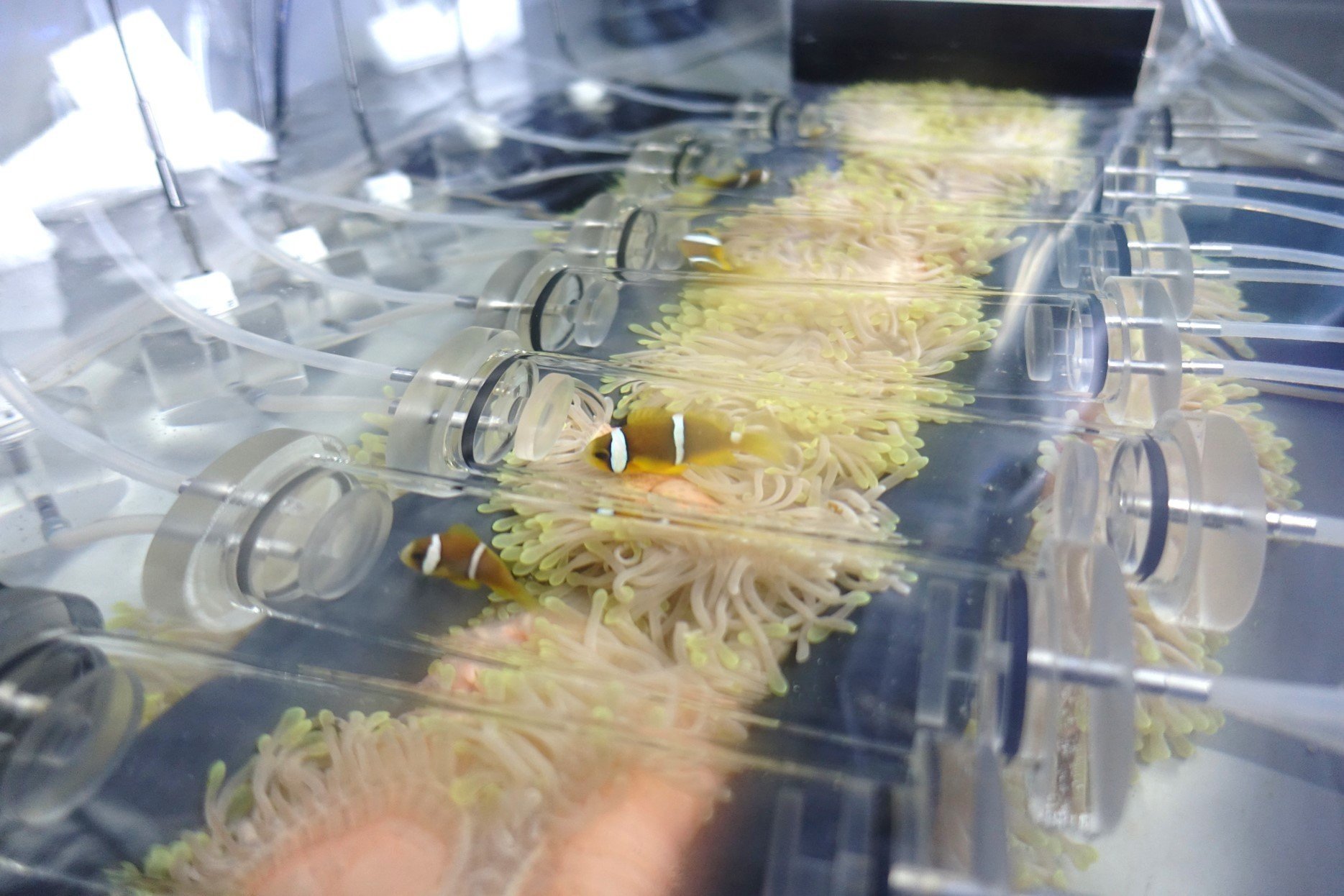
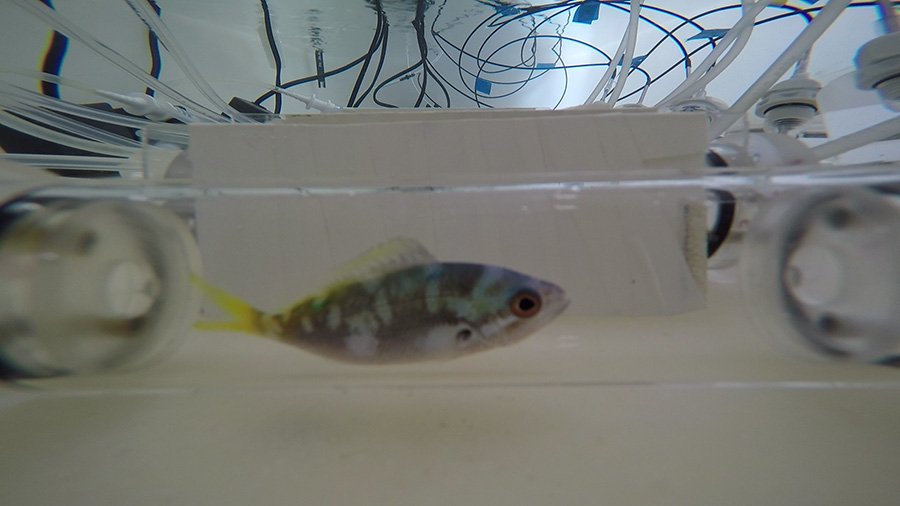

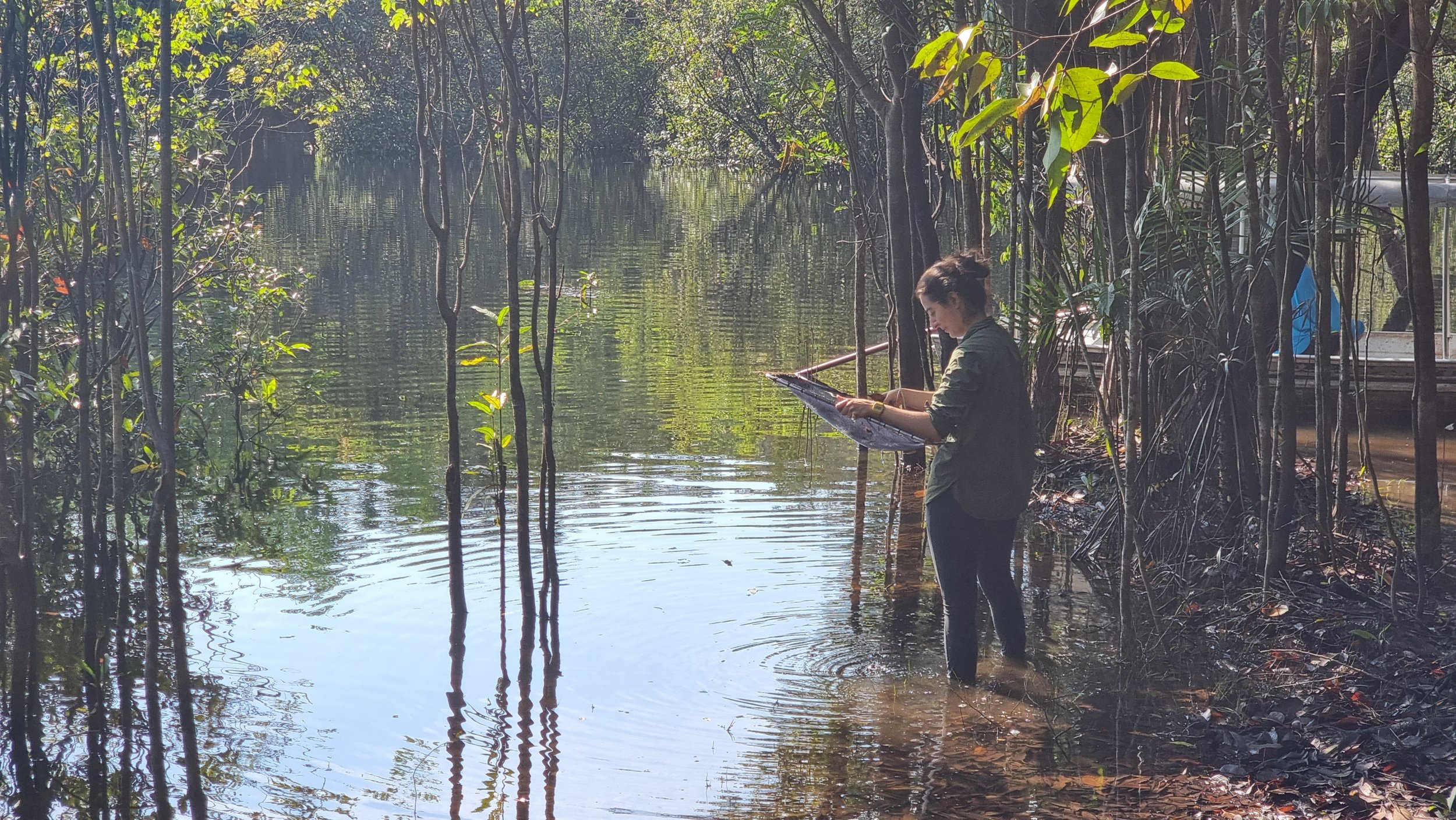
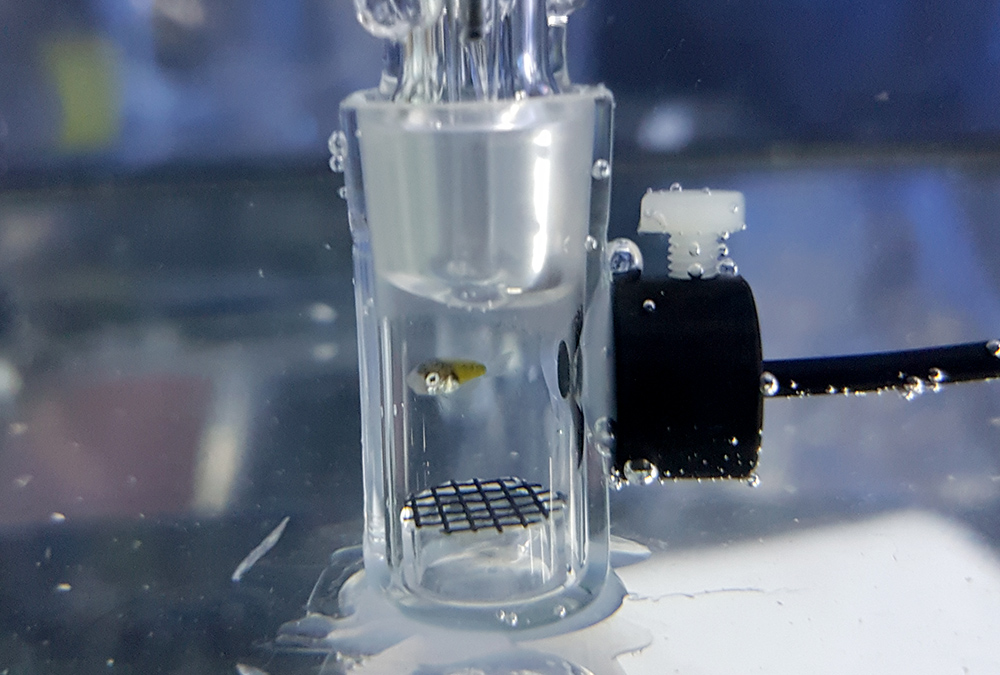
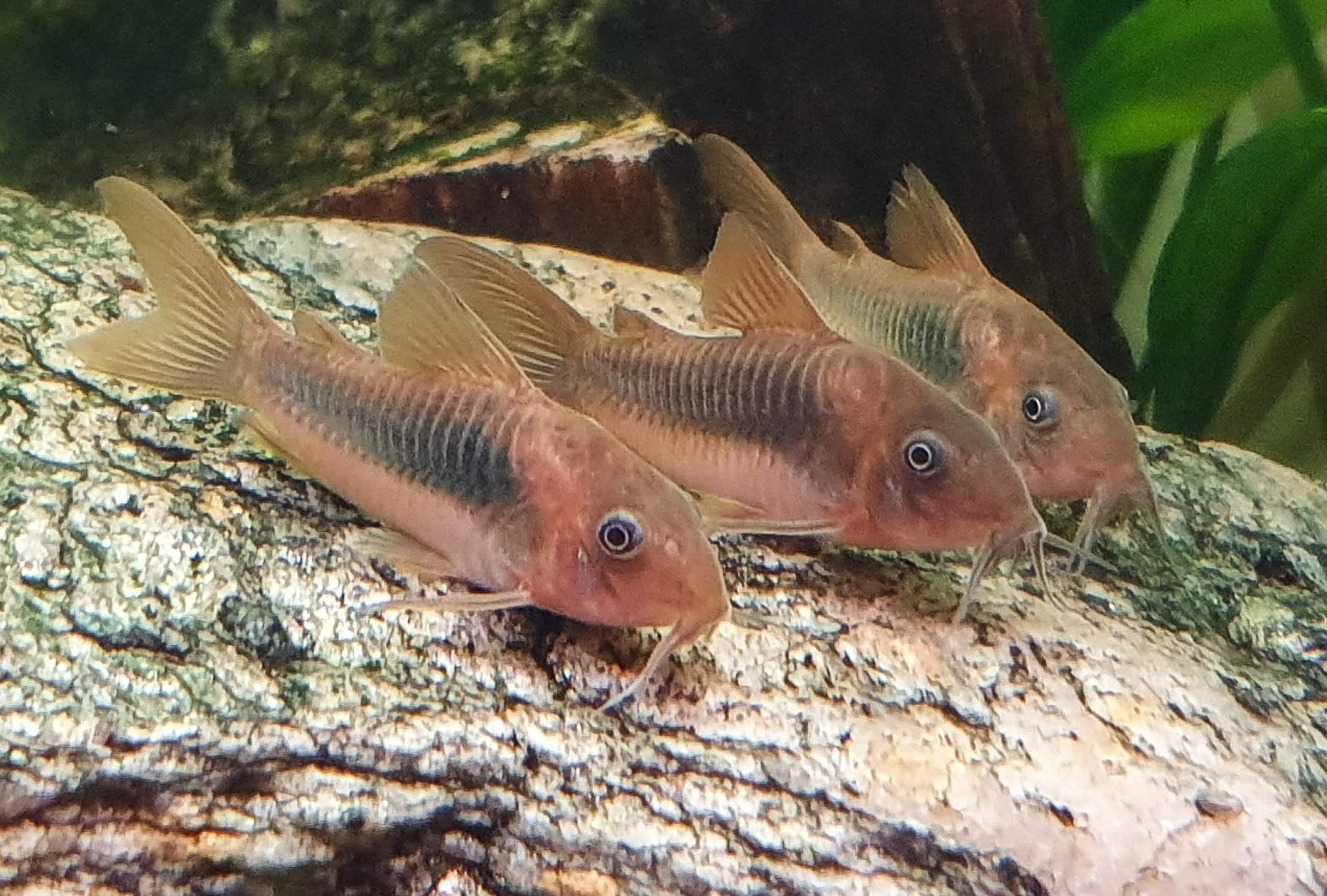
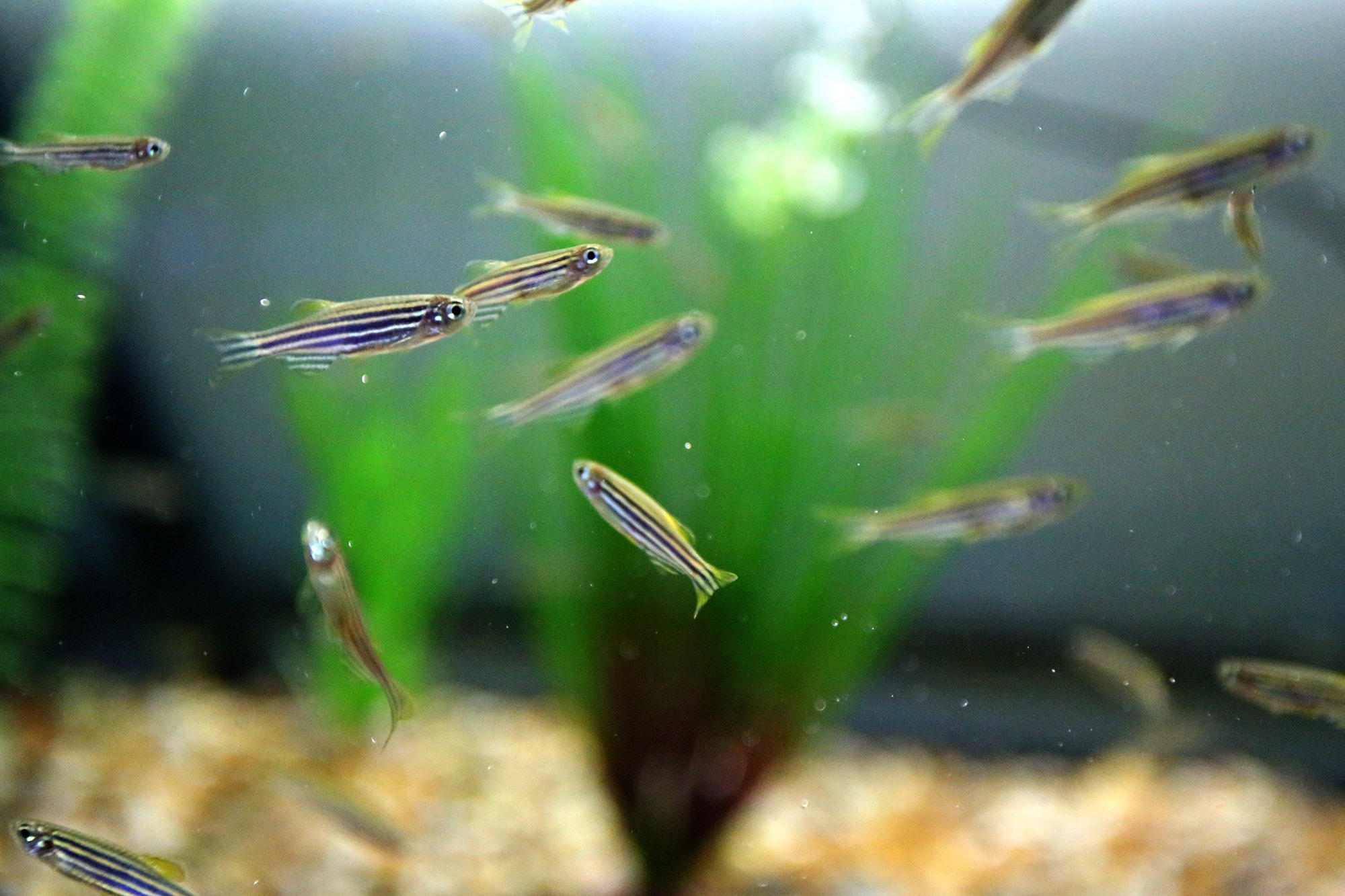

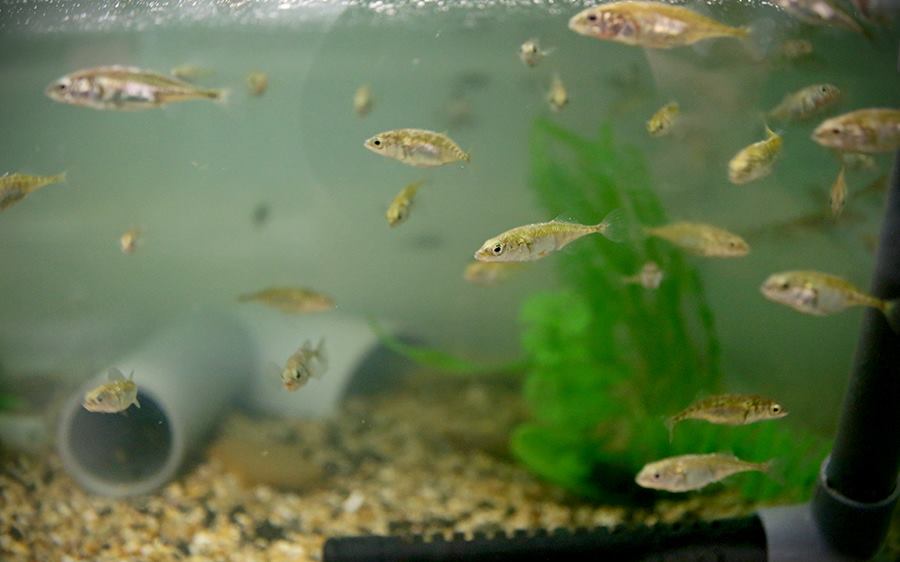
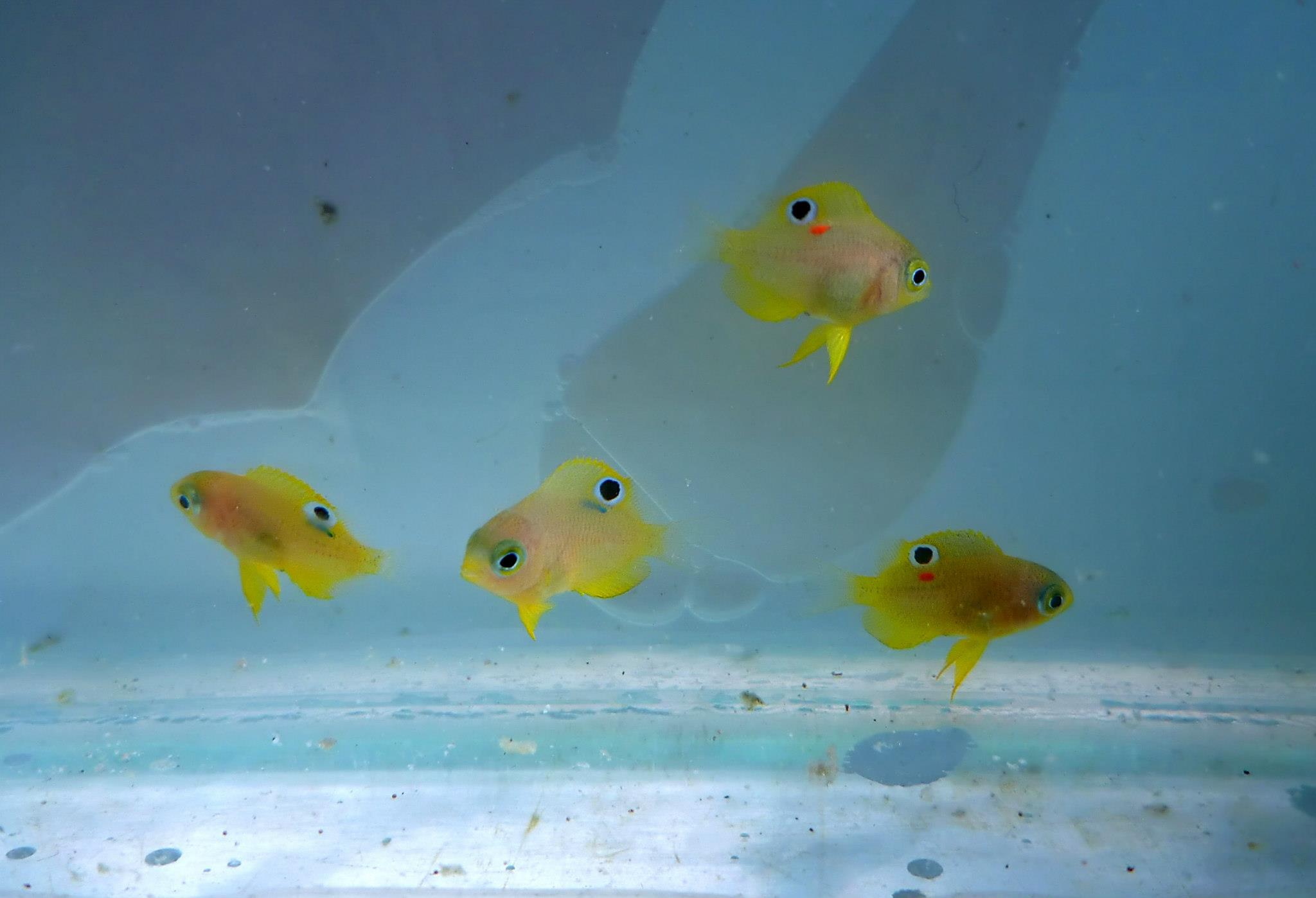
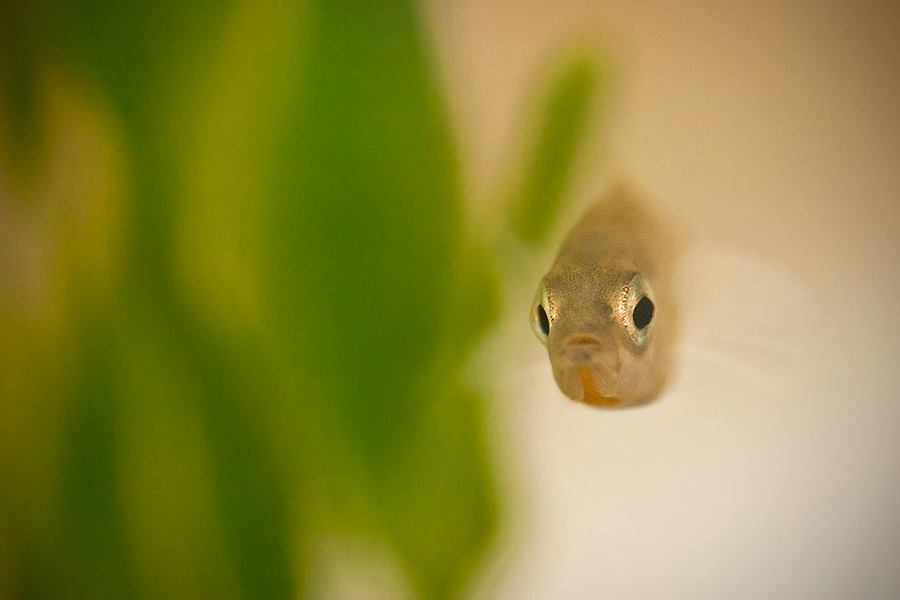
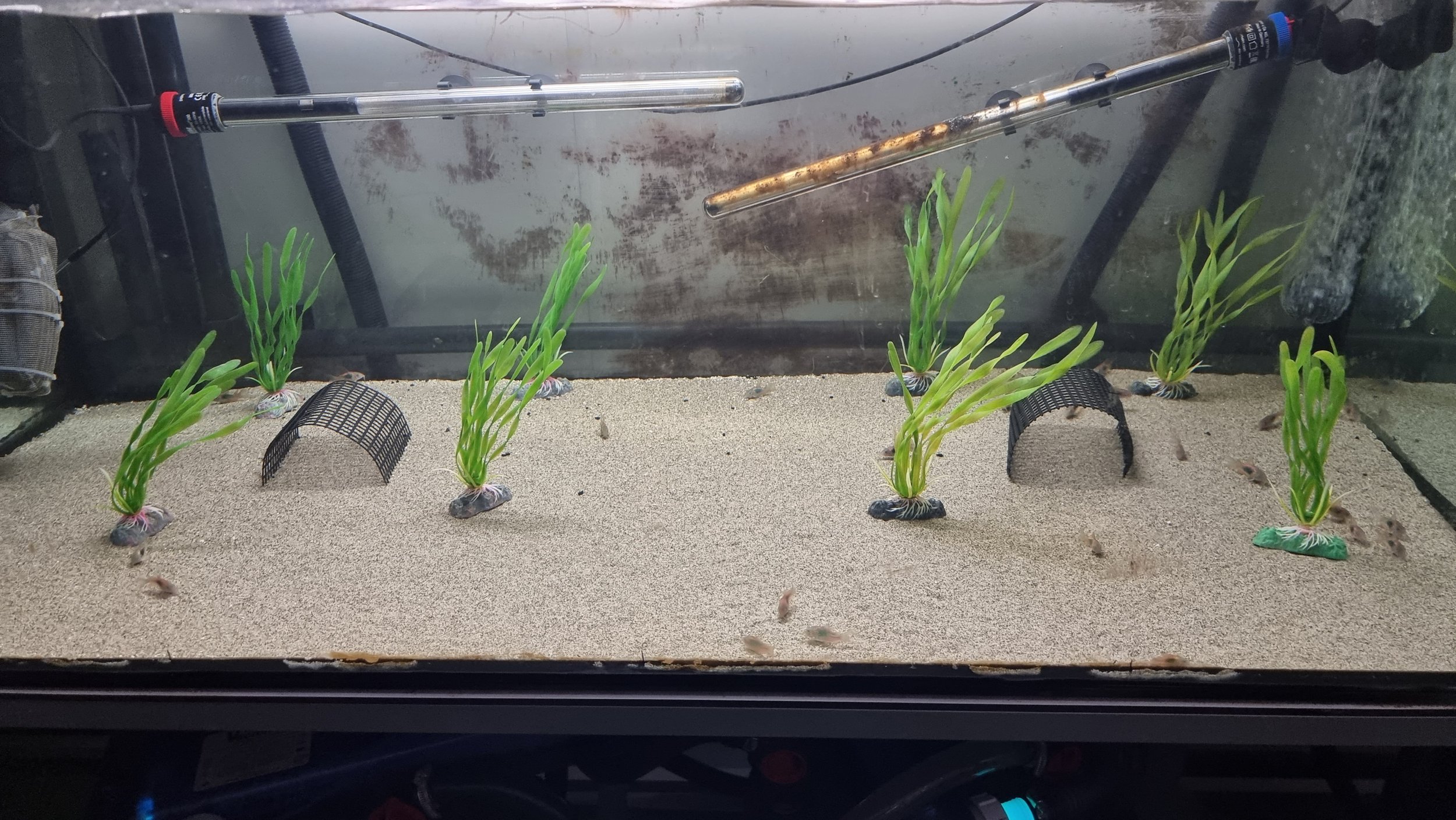
We study ecophysiology in the School of Biodiversity, One Health, & Veterinary Medicine at the University of Glasgow. Our research focuses on how relationships between physiology and behaviour affect the ecology of animals and especially how they find food and avoid predators. We also study how animals adjust their behaviour and physiology to cope with environmental change.
We mainly work with fish, but our research questions and conclusions can often be applied to any type of animal. Our focus on fish has lead to work in a number of marine and freshwater systems, examining fundamental questions in biology and also more applied issues in fisheries conservation.
Latest Lab News:
Featured

Investigating the Social Lives of Juvenile Cod
